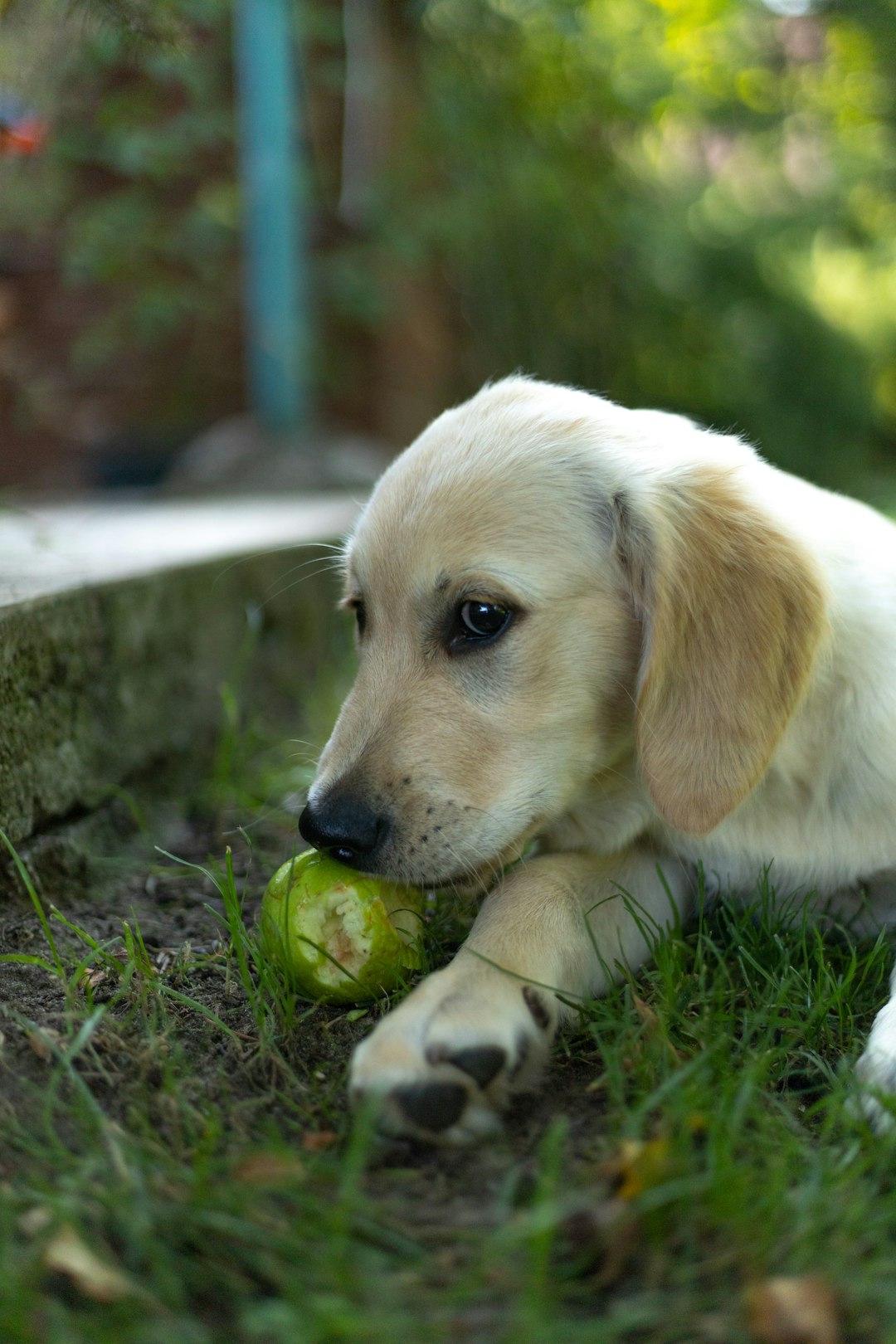Why Golden Retrievers Make Great Family Pets
Golden Retrievers are consistently ranked as one of the most popular dog breeds in America, and for good reason. These friendly, intelligent, and devoted dogs make excellent family companions. Known for their gentle temperament and patient nature, Goldens are particularly great with children.
Early Puppy Care (8-12 weeks)
The first few months are crucial for your Golden Retriever puppy. At this age, puppies need frequent meals (3-4 times daily) of high-quality puppy food formulated for large breeds. This ensures proper bone and joint development.
Socialization should begin immediately. Expose your puppy to various people, sounds, surfaces, and experiences in a positive way. This critical period ends around 12-16 weeks, so make the most of this time.
Training Your Golden Retriever
Golden Retrievers are highly intelligent and eager to please, making them relatively easy to train. Start with basic commands like sit, stay, come, and leave it. Use positive reinforcement techniques such as treats and praise.
House training typically takes 4-6 months. Establish a consistent schedule and take your puppy outside after eating, playing, napping, and waking up. Remember, consistency is key to success.
Exercise Needs
Golden Retrievers are active dogs that require regular exercise. By 4-6 months old, your puppy needs at least 30-60 minutes of activity daily. This can include walks, fetch games, and supervised play with other dogs.
Avoid forced exercise (like jogging) until your puppy is fully grown (around 12-18 months) to protect developing joints.
Nutrition Guidelines
Feed your Golden Retriever puppy a high-quality food specifically designed for large breed puppies. This helps control growth rate and reduces the risk of hip and elbow dysplasia.
Feed your puppy 3-4 meals per day until 6 months old, then reduce to 2 meals. Avoid overfeeding, as obesity can lead to joint problems later in life.
Grooming Your Golden Retriever
Goldens have a water-repellent double coat that requires regular grooming. Brush your Golden 2-3 times per week with a slicker brush or grooming rake to prevent matting. During shedding seasons (spring and fall), daily brushing may be necessary.
Bathe your puppy every 6-8 weeks or when dirty. Trim nails every 2-3 weeks and check ears weekly for signs of infection.
Common Health Concerns
Golden Retrievers are prone to certain health issues including hip dysplasia, elbow dysplasia, heart disease, and certain types of cancer. Regular veterinary checkups, genetic testing, and maintaining a healthy weight can help prevent or manage these conditions.
Look for reputable breeders who perform health screenings on their breeding dogs. A responsible breeder will provide health clearances for both parents.
Creating a Safe Environment
Puppy-proof your home by removing hazards like electrical cords, toxic plants, and small objects that could be swallowed. Provide a comfortable crate for sleeping and time-outs, and establish a designated potty area in your yard.
Conclusion
Raising a Golden Retriever puppy is a rewarding experience that requires commitment and patience. With proper care, training, and socialization, your Golden will grow into a loyal, well-behaved family member. Remember, the investment you make in their early years will pay off throughout their lifetime.
